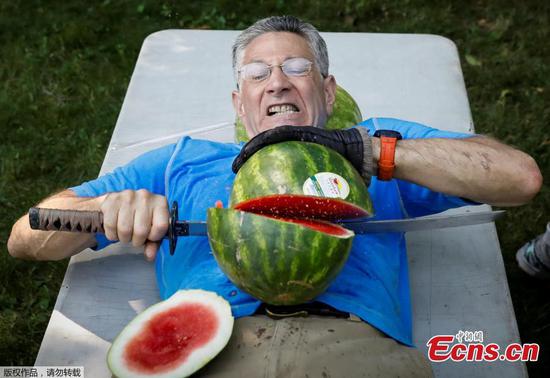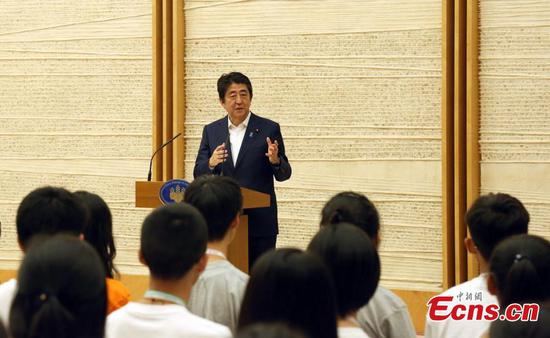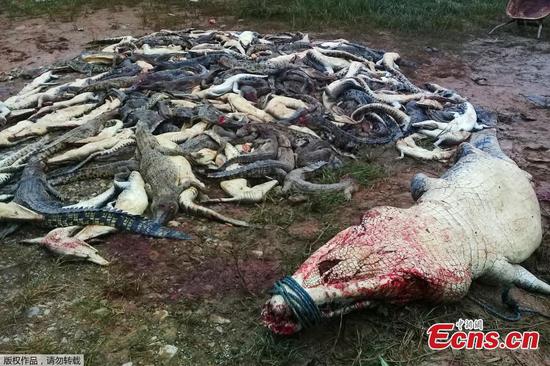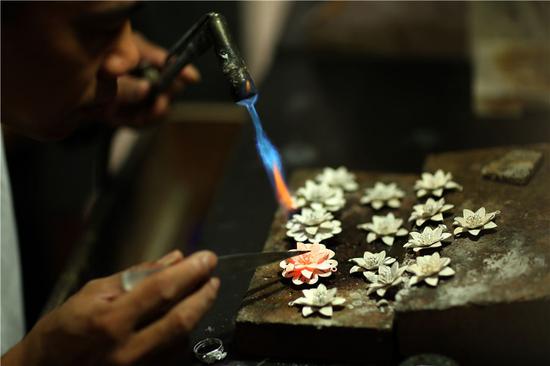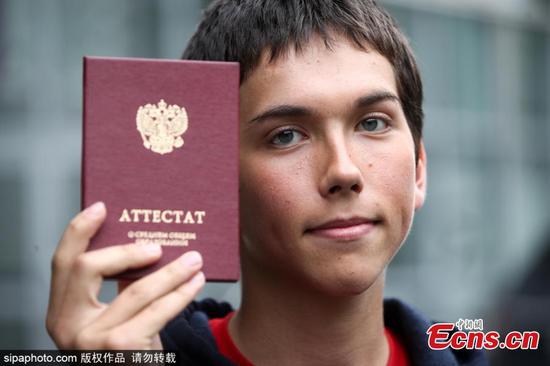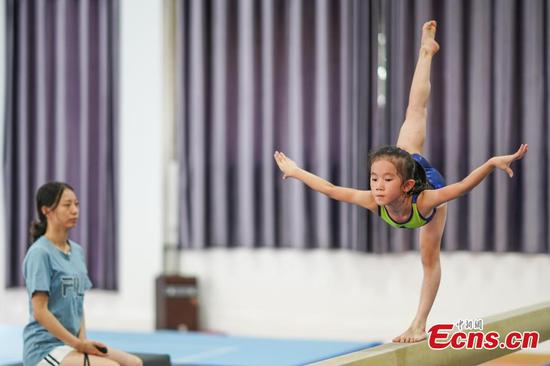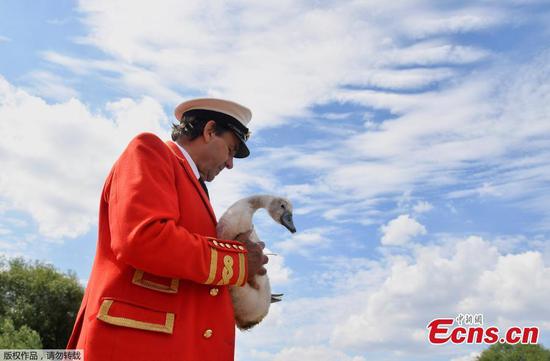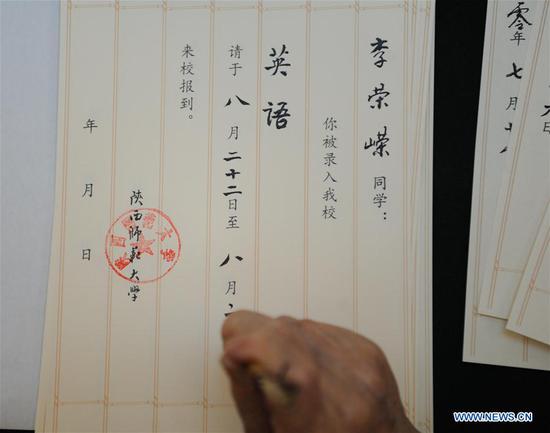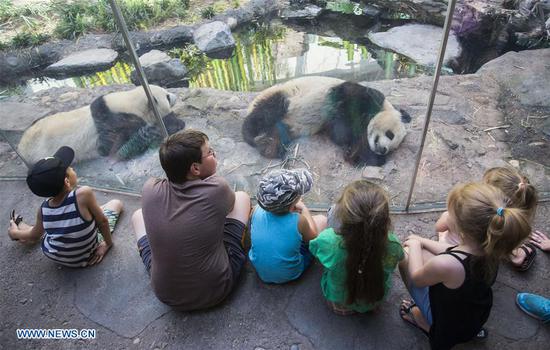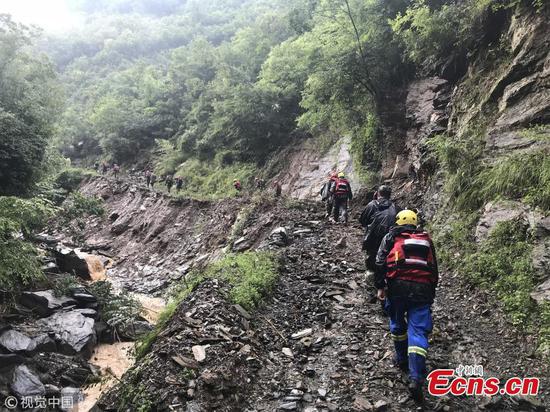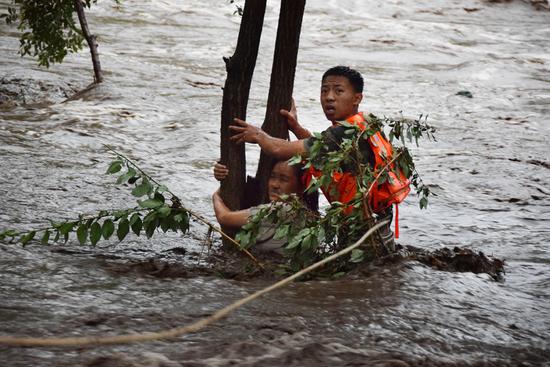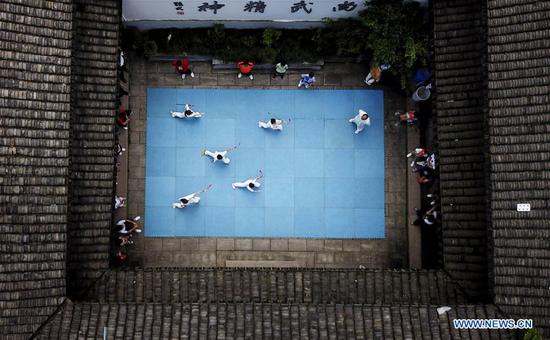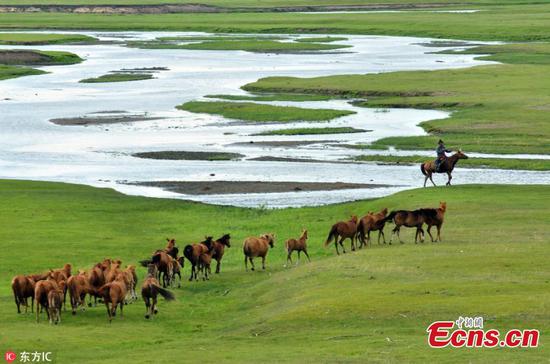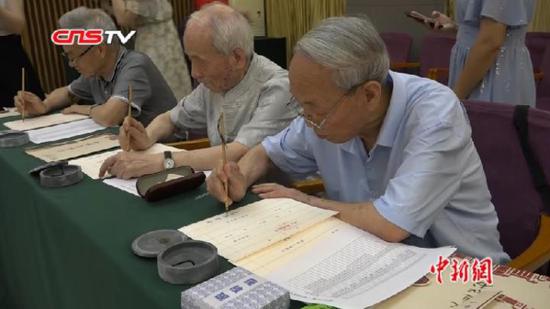A UN guideline is expected to bring changes to the way Chinese primary and middle schools handle sex education, Chinese officials said.
The Chinese language edition of the revised International Technical Guideline on Sexuality Education, released in Beijing on Tuesday, will play an important role in the healthy growth and development of 170 million youth, officials said.
It was introduced jointly by the United Nations Educational, Scientific and Cultural Organization Beijing Cluster Office and the UN Population Fund China Office. The English edition was published early this year.
A survey supported by UNESCO and UNFPA showed that the lack of a standard curriculum and materials and too few qualified teachers are the main barriers to implementation of sex education in China's middle schools.
Shen Haiping, an official of the National Health Commission, said sex education is still in the beginning, exploratory stage. But she said the new document will be an important technical guide to promote sex education and elevate the health level of adolescents.
Shen said the government places great emphasis on the health of its people, especially children and teenagers, who account for 13 percent of the total population. The commission has been actively cooperating with international organizations to carry out youth health projects and exploring projects such as youth-friendly clinics in recent years.
"We must pay close attention to sex education if we want to protect the health of adolescents," she said. "It is important to provide such education for adolescents, and guide them to form correct concepts and behaviors regarding sexuality."
Nachaa Suren, acting representative of the UNFPA China Office, said that her agency, together with UNESCO, will develop an additional national technical guide that takes the specifics of China's situation into consideration.
The newly released publication provides eight comprehensive key concepts, topics and learning objectives to guide the development of locally adapted and age-appropriate curricula, from which youths ages 5 to 18 can benefit to lead healthy, safe and productive lives.
The revised guide released in Chinese on Tuesday is based on a review of new research, curricula and frameworks worldwide. It was developed through extensive international consultation with technical experts in different fields, educators, government officials, young people and organization representatives.
Song Wenzhen, an official of the State Council's National Working Committee on Children and Women, said implementation of the publication provides powerful tools and guidelines to improve and promote sex education in China.
"The comprehensive sex education content reflects scientific, systematic and integrity-based characteristics that can encompass the whole educational and growth process of children and adolescents," she said, adding that the guideline can protect youth from sexual injury and abuse by equipping them with related knowledge.









